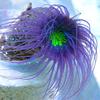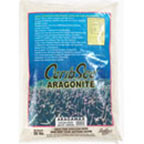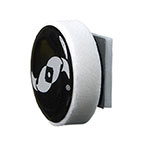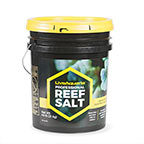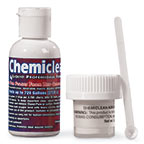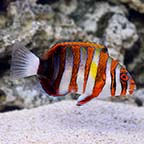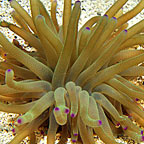Tube Anemone
(Ceriathus sp.)
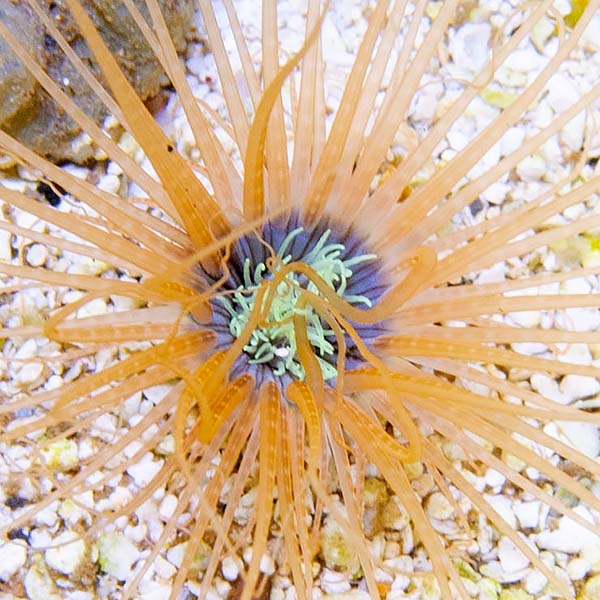
Please Note: Due to variations within species, your item may not look identical to the image provided. Approximate size range may also vary between individual specimen.
Please Note: Due to variations within species, your item may not look identical to the image provided. Approximate size range may also vary between individual specimen.
Tube Anemone
(Ceriathus sp.)
Additional locales and sizes may be available!
Additional locales and sizes may be available! Email me when availableQuick Stats
Care Level
Moderate
Temperament
Semi-aggressive
Color Form
Green, Orange, Purple, Red
Reef Compatible
Yes
Water Conditions
72-78° F, dKH 8-12, pH 8.1-8.4, sg 1.023-1.025
Max. Size
8"
Family
Cerianthidae
Lighting
Low
Supplements
Iodine, Trace Elements
Waterflow
Medium
Minimum Tank Size
20 gallons
What do these Quick Stats mean? Click here for more information
Care Level
Moderate
Temperament
Semi-aggressive
Color Form
Green, Orange, Purple, Red
Reef Compatible
Yes
Water Conditions
72-78° F, dKH 8-12, pH 8.1-8.4, sg 1.023-1.025
Max. Size
8"
Family
Cerianthidae
Lighting
Low
Supplements
Iodine, Trace Elements
Waterflow
Medium
Minimum Tank Size
20 gallons
What do these Quick Stats mean? Click here for more information
Overview
The Tube Anemone is also referred to as the Tube Dwelling Anemone, and is best kept in a reef or species-only aquarium with a soft, deep substrate. It is actually a distant relative of the true sea anemone. It creates its tube from the nematocysts that it has discharged. Their coloration is highly variable and can range from tan, pink, purple or even have shades of fluorescent green.
The ideal aquarium for the Tube Anemone is one with a deep sand bed, plenty of live rock and a refugium for a natural food source. They are non-photosynthetic and do not require intense lighting. In fact, they are nocturnal in nature and will take time to begin to open during the illuminated hours.
Because they are not photosynthetic, they need to be fed regularly when it is fully expanded. Feed small frozen foods such as brine or mysis shrimp, chopped pieces of fish and zooplankton.
Approximate Purchase Size When Fully Expanded: Small: 1" to 2"; Small/Medium: 2" to 3"; Medium: 3" to 4-1/2"; Large: 4-1/2" to 8"
Supplies You May Be Interested In
Customer Testimonials
Dr. Luis D Silva
Trujillo Alto , PR
Beautiful creature, long tentacles dance with the water flow - after lights go out, its tentacles become longer. Aggressive eater - it's a great show to see it feed. Very easy to care for.
Beautiful creature, long tentacles dance with the water flow - after lights go out, its tentacles become longer. Aggressive eater - it's a great show to see it feed. Very easy to care for.
1-1 of 1 testimonials



